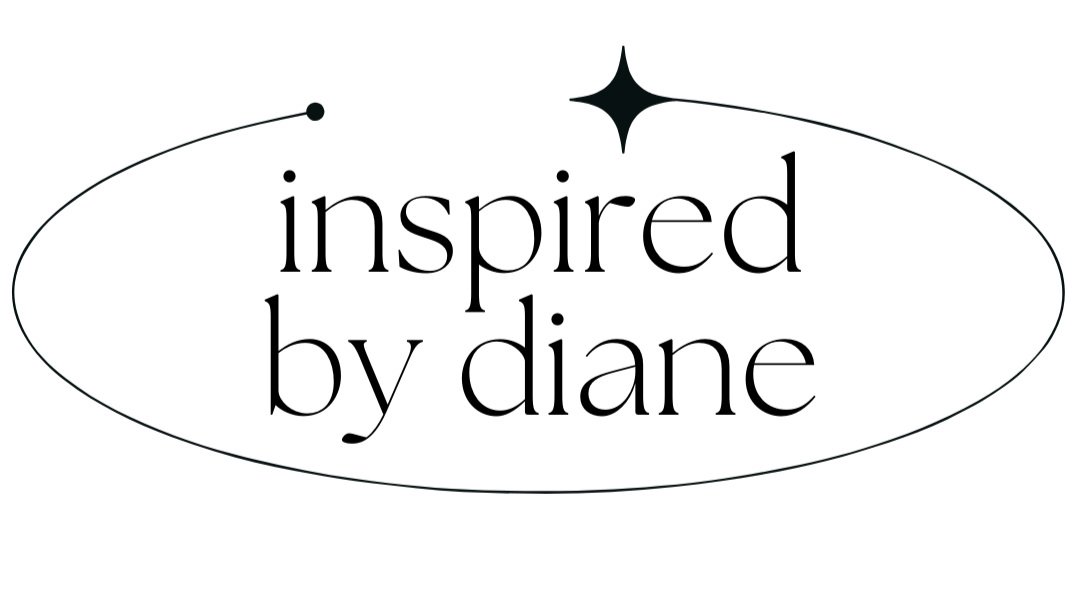Why Mental Health Matters Now & Always
I am not sure about any of you reading this post, but I know I have had my fair share of mental health struggles during the “unprecedented times” of this great year we call 2020. World Mental Health Day is on October 10th, and I wanted to honor that day during Mental Illness Awareness Week by posting a blog post chock-full of experiences, resources & tips.
Because mental health matters now & always.
Experiences
I didn’t really consider mental health to be important until 2017, when it was all I could think about. I’m not sure what set it off in the first place, but I felt like I was having a quarter century crisis. There were moments where I felt so anxious about the fact that I was doing nothing. When I had to get up early in the morning to go to my job on campus, I got so anxious that I threw up over just the thought of going to work early. Why did that stress me out? I have no clue.
I felt like I was going crazy.
And it wasn’t fun. Things got to the point where I felt like the only person who could save me, was me.
I started researching stuff online, like how to combat anxiety & daily practices helping me get through the day. But I kept running into dead ends. The same websites had the same tips, and I felt like I tried all of those tips already.
Mental health is actually one of the reasons I started my blog. I felt like I learned so much from my research & trials of testing what worked for me, and what was just hot air. I wanted to share the resources & tips I learned in a way that many people could access. And I figured that a blog would do just the trick - I love writing and being social.
Mental health matters now & always because it is just as important as physical health. Your mental health can affect your physical health & emotional health in ways that you wouldn’t understand unless you experienced it.
Resources
Call 911 if you or someone you know is in immediate danger or go to the nearest emergency room.
Substance Abuse and Mental Health Services Administration (SAMHSA)
Call: 1-800-662-HELP (4357)
SAMHSA’s National Helpline is a free, confidential, 24/7, 365-day-a-year treatment referral and information service (in English and Spanish) for individuals and families facing mental and/or substance use disorders.
National Suicide Prevention Lifeline
En Español 1-888-628-9454
The Lifeline is a free, confidential crisis hotline that is available to everyone 24 hours a day, seven days a week. The Lifeline connects callers to the nearest crisis center in the Lifeline national network. These centers provide crisis counseling and mental health referrals. People who are deaf, hard of hearing, or have hearing loss can contact the Lifeline via TTY at 1-800-799-4889.
Text “HELLO” to 741741
The Crisis Text hotline is available 24 hours a day, seven days a week throughout the U.S. The Crisis Text Line serves anyone, in any type of crisis, connecting them with a crisis counselor who can provide support and information.
Call 1-800-273-TALK (8255) and press 1 or text to 838255
The Veterans Crisis Line is a free, confidential resource that connects veterans 24 hours a day, seven days a week with a trained responder. The service is available to all veterans, even if they are not registered with the VA or enrolled in VA healthcare. People who are deaf, hard of hearing, or have hearing loss can call 1-800-799-4889.
Call 1-800-985-5990 or text “TalkWithUs” to 66746
The disaster distress helpline provides immediate crisis counseling for people who are experiencing emotional distress related to any natural or human-caused disaster. The helpline is free, multilingual, confidential, and available 24 hours a day, seven days a week.
Tips
Let people have their space. Don’t bother someone to talk about their mental health if they are not comfortable talking about it. When they are ready to talk about it with someone, they will let you know.
There is a difference between sympathizing and empathizing…
Empathy is understanding other people’s feelings, as if we were having those feelings
Sympathy is the ability to take part in someone else’s feelings & feeling sorrowful for their misfortune
Let them know that resources are available
No matter your income or age, there are mental health resources available for you. Now, more than ever, resources are available online for those who need it.
Remind them that you are there for them, even if it is to just sit in silence
Sometimes, having someone around is better than being alone with one’s thoughts.
If you know anyone that is personally affected by a mental health issue, please guide them to these resources & tips, and let them know that many people exist that can help.
As always - my inbox is always open. And feel free to share this blog post on social media with the buttons below!
Follow @inspiredbydianeblog on Instagram!







